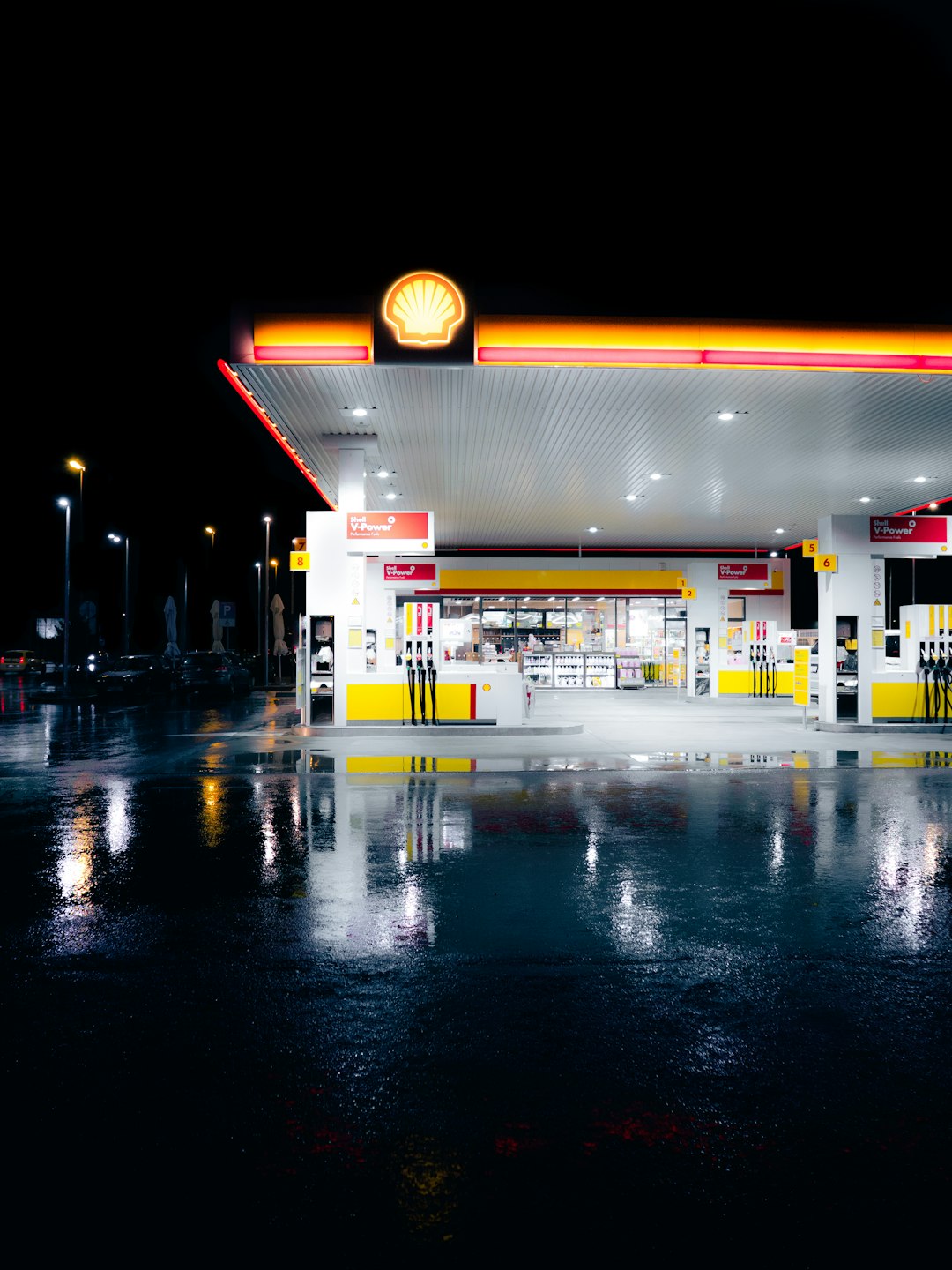All Nonfiction
- Bullying
- Books
- Academic
- Author Interviews
- Celebrity interviews
- College Articles
- College Essays
- Educator of the Year
- Heroes
- Interviews
- Memoir
- Personal Experience
- Sports
- Travel & Culture
All Opinions
- Bullying
- Current Events / Politics
- Discrimination
- Drugs / Alcohol / Smoking
- Entertainment / Celebrities
- Environment
- Love / Relationships
- Movies / Music / TV
- Pop Culture / Trends
- School / College
- Social Issues / Civics
- Spirituality / Religion
- Sports / Hobbies
All Hot Topics
- Bullying
- Community Service
- Environment
- Health
- Letters to the Editor
- Pride & Prejudice
- What Matters
- Back
Summer Guide
- Program Links
- Program Reviews
- Back
College Guide
- College Links
- College Reviews
- College Essays
- College Articles
- Back
Teens Are Feeling Pain At the Pump
$5.04.
As of writing this, that’s the average price per gallon of gas in the state of Massachusetts. The national average is at an all-time high of $5.01, up from $3.04 in 2021, according to online estimates. And Pioneer Valley Christian Academy students who drive their own cars are starting to feel the pain.
Griff N. (‘22), who has to spend around $260 to fill up his pickup truck, has changed his driving habits in response to the price surge.
“I don’t drive anywhere in my truck… I just use my parents’ car or carpool,” he said.
Kobe F. (‘22) has done likewise: “I've had to take different routes, stop going out with friends as often, and even drive different cars in order to preserve money,” he said.
Even with the burden of the Russia-Ukraine war on the world economy, students wonder at the speed of the price spike. A confluence of factors is to blame, but that hasn’t stopped politicians from turning gas prices into a partisan issue, with conservatives blaming Biden’s focus on green energy and liberals blaming everything else.
The U.S. stopped accepting Russian oil imports, which make up 8% of our natural gas, after Putin invaded Ukraine. COVID-19 restrictions have also brought on supply-chain issues that have increased production costs for oil companies, prompting them to raise their prices.
High school history teacher Mr. Annis believes much of the inflation is outside of Biden’s control, even as it threatens his chances of reelection in 2024.
“The gas crisis along with the hostage crisis cost Jimmy Carter the election in 1980. Biden needs to counteract inflation and keep supply chains efficient in order to stop voter discontent,” he said, although “I fear that he has his hands tied due to the global scope of the spiraling inflation.”
Biden has enacted some measures to counteract the price surge, like releasing one million barrels of oil from our national reserve per day. And, contrary to what many believe, oil production has actually increased under his administration.
However, Biden’s pessimism toward oil companies—which has only grown at a time when natural gas is most needed—has not helped the current deficit. As part of his shift toward renewable energy, Biden has stopped work on major pipelines that would have brought millions of barrels of crude into the U.S., and made it harder for oil companies to obtain drilling leases by imposing stricter environmental regulations.
Oil executives say that Biden’s policies have scared away investors in the oil industry, pushing companies “to buy back shares or increase dividends”, which “has slowed growth in U.S. production and helped drive prices higher,” according to the Wall Street Journal. Looking ahead, stagnated oil production could leave the U.S. flat-footed in the event of another energy crisis and damage its status as the world’s biggest refiner of crude oil.
At the same time, some students believe that renewables are the key to energy security and independence.
“Sustainable energy is the future,” said Joshua S. (‘22). “I mean the problem right now is gas.”
Others see it differently.
“I don't think green energy is a bad thing, just right now, because of the amount of debt we’re in… it’s not smart to change something if it’s not broken,” said Griff N. (‘22).
Mr. Annis says he is “pessimistic” about the idea that the U.S. is in an energy crisis because of natural gas, noting that we have “tons” of oil in reserve. As of March 24, the federal oil reserve held around 586 million barrels of oil.
“The only energy crisis is the amount of dollars Americans have to shell out at the pumps,” he said.
In any case, renewables are still years off from being able to compensate for a nationwide energy shortage, nevermind fuel the economy.
“Humans always go for the biggest bang for the buck,” said Mr. Annis. “Right now, and for the foreseeable future, fossil fuels give the biggest energy return for the buck. Renewables will only be able to compete when fossil fuels become so prohibitive that they are an economically feasible option.”
Gas prices will continue to rise as the summer driving season starts, per the Journal.
Similar Articles
JOIN THE DISCUSSION
This article has 0 comments.


This is a news story I did for my school that never saw the light of day. Hope it sheds light on some of the confusion around inflation as it related to gas prices.